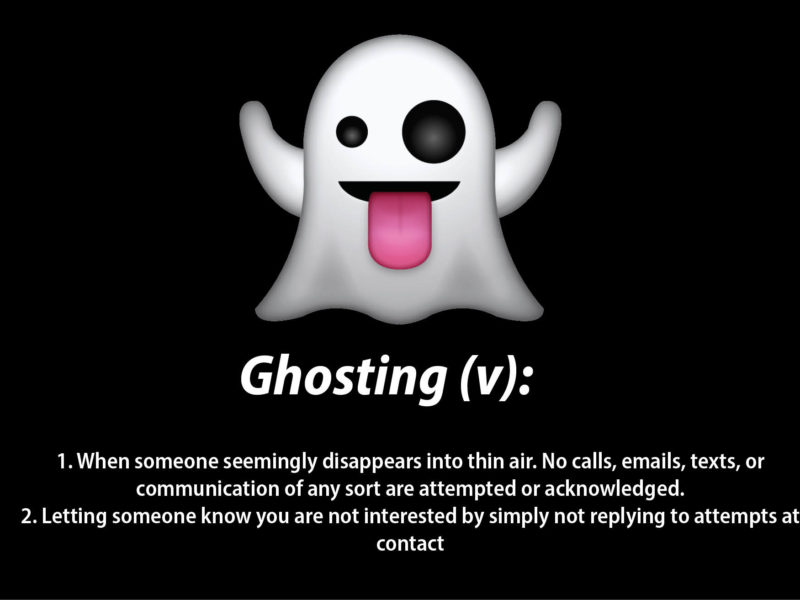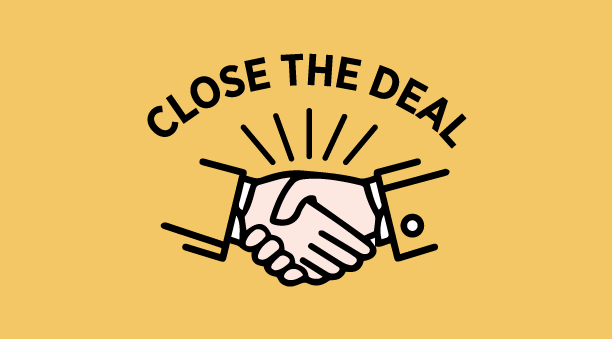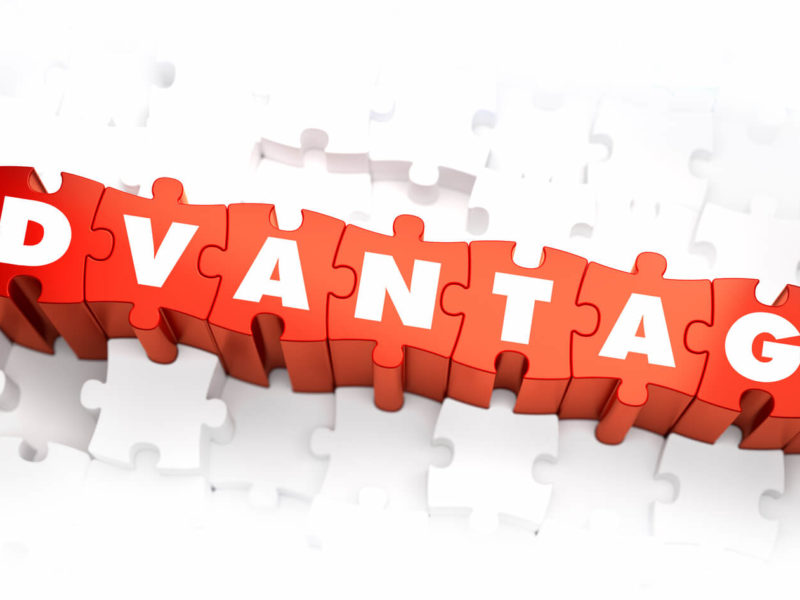The Power of References
A truly dedicated and serious job seeker, applicant or candidate, is one who can juggle and multi-task. Too many people sleepwalk through the job search and subsequent interview process, only to lament their lack of positive results. There are many aspects and things anyone can augment in order to up their odds for better success. It isn’t difficult but takes commitment that most people simply will not have – this becomes an advantage for those who will and do more.
Take the simple exercise of collecting and providing references. I don’t care what type of reference you use, consider what you are really doing here; you are asking someone to speak on your behalf, requesting someone to vouch for you and this should never be taken lightly. More important, they are, by agreeing to refer you, putting their reputation and good name on the line, for you – there is reciprocity involved here that most people take for granted. This makes the subject of asking for and providing a reference an emblematic statement of integrity, honor and putting one’s reputation on the line. Furthermore, in a tight and close contest it can be the win or lose, make or break determining factor. When viewed in this manner the gravity and importance of a reference becomes clear, and yet, many people do nothing until they are asked and scramble to cobble a few together haphazardly. References are not only necessary, but good references can add horsepower to your efforts so that planning ahead sets you apart from most others stumbling along.
In the current, lethargic economic cycle, interview processes often seem to drag along. Companies are still hiring but they are taking longer to do it, being more deliberative and adding interview steps in some cases, to ensure a good hiring decision. Solid, decisive and reliable references can be the insurance you need at the end of a long hiring process.
Ask permission – never assume, always ask for and get approval to use someone as a reference. As stated above, you should take it as a seriously obligation.
Plan ahead / plan early – even if you don’t need a reference today, if you know someone and the circumstance is such that you can ask and receive a reference for later usage, take advantage of it now and not after the fact when enthusiasm wanes. Frankly, you want to build a collection of references so that when the time comes you have a number from which to choose.
How many references are enough – can you have too many people willing to say positive things about you? Ideally you should have 3 or 4 good and solid references when the time comes and you are asked; having more is better than having to scrounge and scratch for a few that you don’t feel very confident about.
Reference letters – I think written references are your secret weapon of choice. Any time you can get someone to provide you with a written endorsement, it carries more weight than merely their name, title and telephone number. As for you pessimists, you can be assured of knowing what they actually think and say about you, rather than crossing your fingers and hoping for a good word on your behalf. Written references also save time if, for whatever reason, one of your key references cannot be contacted in a timely manner.
Interview process timing – Waiting until you are asked for references to collect and assemble them is negligence on your part. But if constantly being on the lookout for a reference is not your style, then the time to assemble and notify your references is at the positive conclusion of your second interview with a potential employer. This way they’ll be ready to go, when they are requested.
Common sense and courtesy – if you have references already established, always notify them about if or when they might receive a call. First, it gives you the opportunity to verify if they are still willing to speak favorably on your behalf (important). Second, it prevents an awkward moment when a potential employer calls to ask about you and your reference, who wasn’t told beforehand, replies, “Who?”
A request for references is one of the more predictable steps of most any interview process, so be ready. Or if you really want to set yourself apart be more than just prepared, be proactive and beat them to it. At the end of the second interview you feel went well, on your way out the door you can suggest, “…and one more thing, here are my references…” Detective and Lieutenant Columbo style.
Setting yourself apart from everyone else, with the same goal in mind is the whole point of the interview process. So, do you still think all you need is a good resume?



